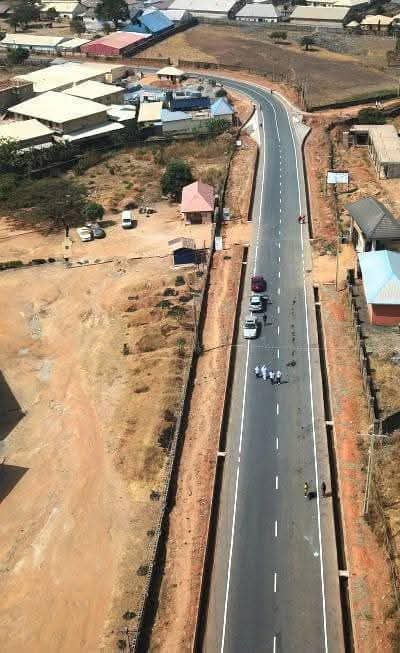By Abigail Philip David
Oil marketers in Nigeria are considering turning to imported Premium Motor Spirit (PMS) as its landing cost dropped to N922.65 per litre on Friday, undercutting the Dangote Petroleum Refinery’s price of N955 per litre.
This N32.35 difference is seen as a major incentive for marketers to import fuel, as it offers a cheaper alternative to Dangote’s supply. A major marketer, speaking anonymously, stated, “You can’t blame marketers for choosing to import when the cost is significantly lower.”
The Dangote Refinery had recently attributed its price increase, from N899.50 to N955 per litre, to rising crude oil prices. However, the reduced landing cost signals relief from global market pressures and supply chain challenges.
Despite the decline in landing costs, petrol prices at retail outlets in Nigeria remain high, with major marketers selling between N990 and N1,010 per litre in Abuja and other regions.
Importation Surge
In just two days—January 21 and 22, 2025—marketers imported 57,301 metric tonnes of petrol, equivalent to about 76.84 million litres. The shipments, handled by Tera Shipping Limited and Peak Shipping Agency Nigeria Limited, were received at the Apapa and Tincan ports in Lagos.
This increased importation comes amidst ongoing discussions about refining Nigeria’s fuel supply.
Depots and Price Movements
Depot prices across the country also saw slight reductions last week. For instance:
– Nipco sold petrol at N970 per litre, down from N975.
– Aiteo reduced prices from N980 to N960.
– Depots in Port Harcourt recorded a drop from N1,005 to N981.
These adjustments reflect a general trend toward aligning prices with falling landing costs.
Stakeholders React
The National President of the Petroleum Products Retail Outlets Owners Association of Nigeria, Billy Gillis-Harry, expressed surprise at the ongoing importation, citing a supposed 180-day period agreed upon by stakeholders to allow the Dangote refinery to prove its production capacity.
However, the Independent Petroleum Marketers Association of Nigeria’s National Publicity Secretary, Chinedu Ukadike, clarified that there was no binding agreement. “It was a mutual understanding not to import when Dangote products were cheaper. Now that imports are cheaper, marketers will naturally explore that option,” he explained.
Industry Implications
The reduced landing cost highlights ongoing challenges in Nigeria’s downstream oil sector, including exchange rate volatility and freight costs. While the Dangote Refinery was expected to dominate the market, the cheaper cost of imports may shift industry dynamics, with marketers prioritizing profitability.
This development also raises questions about the Federal Government’s strategy to reduce reliance on imported petroleum products and ensure stable supply and pricing in the domestic market.





